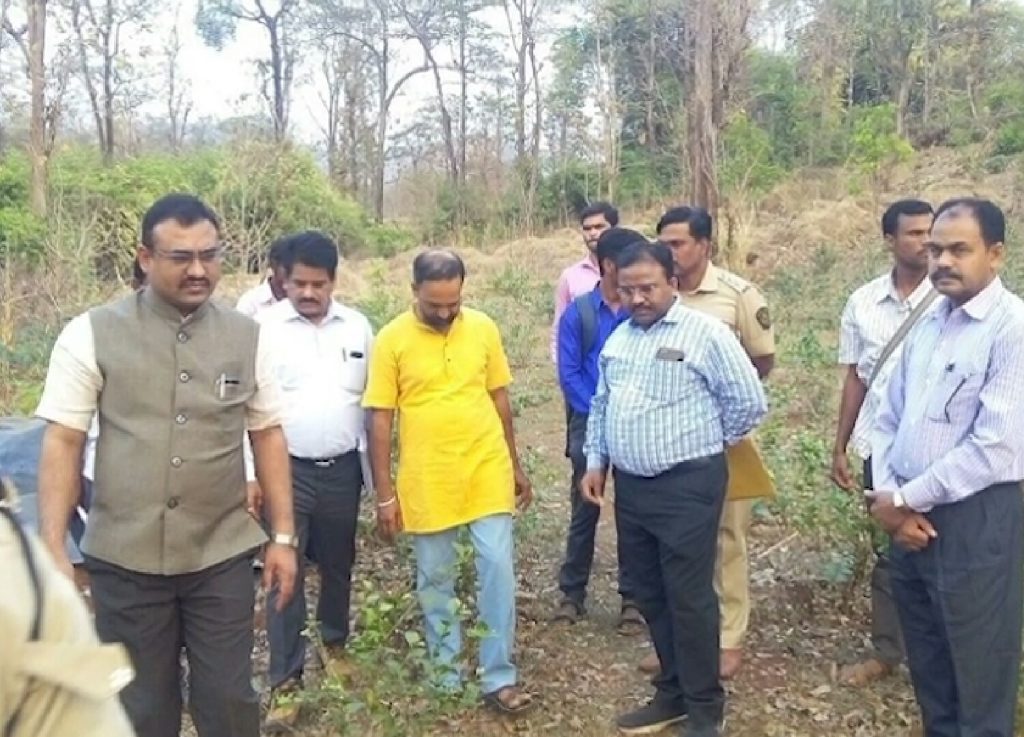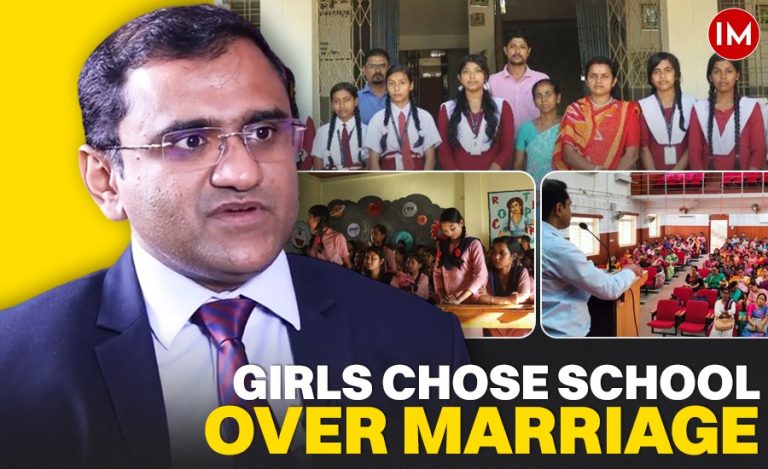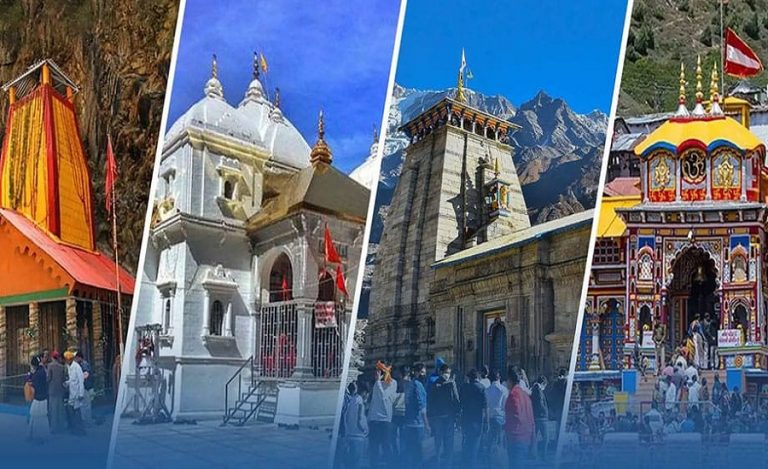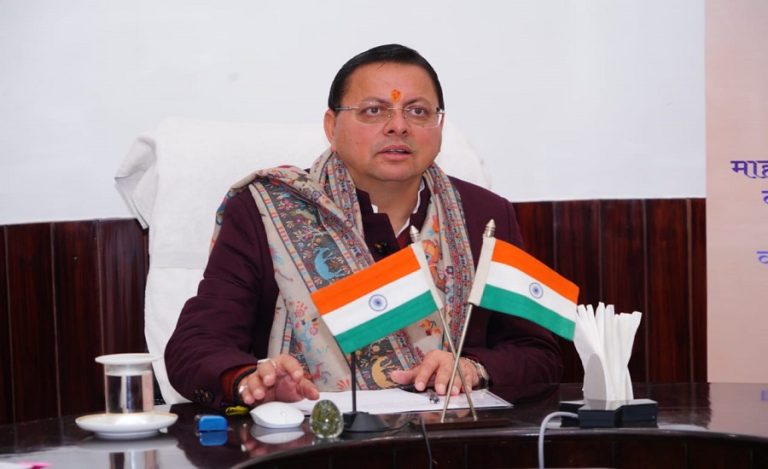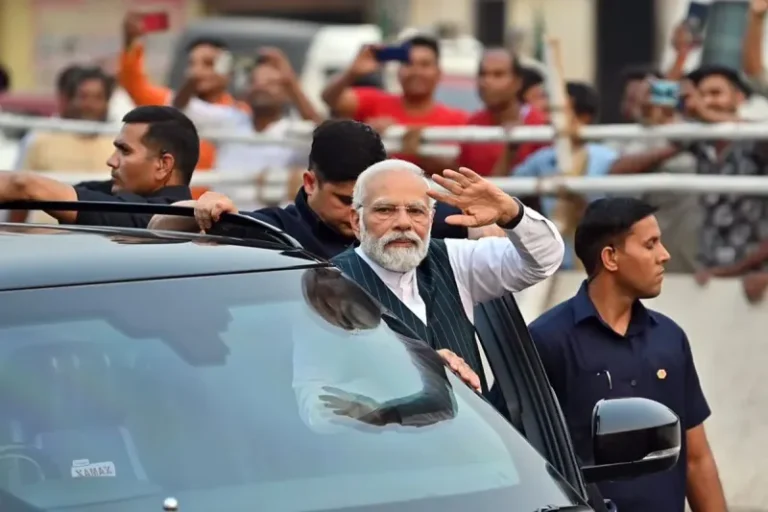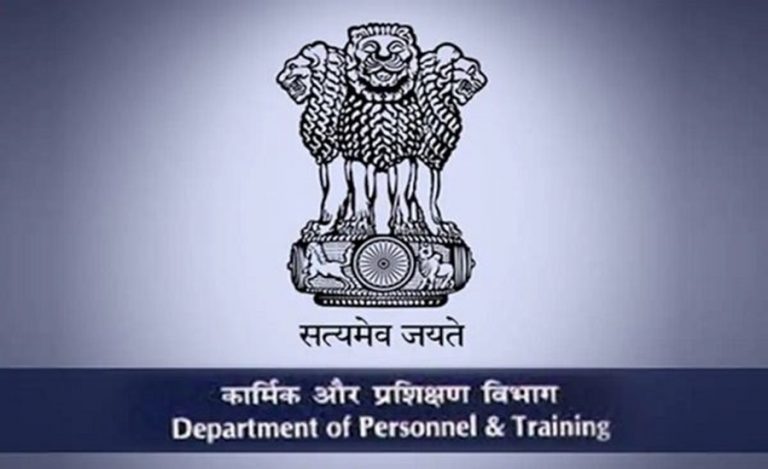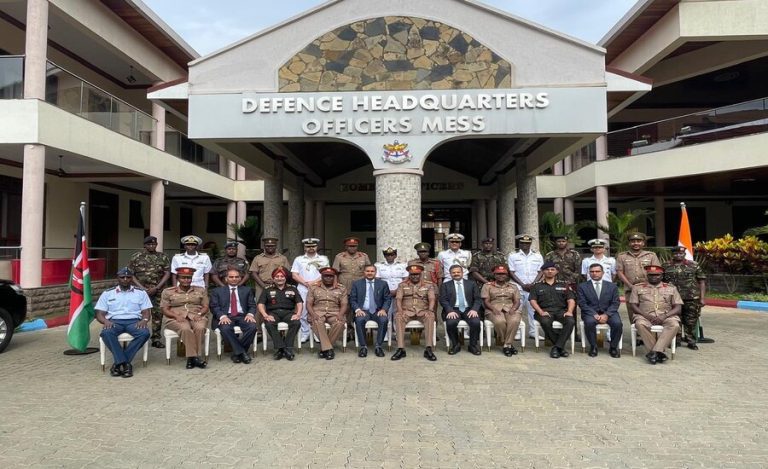Failed crops leading to farmers’ suicide, while elsewhere female foeticides making the headlines. These have been recurring features in many parts of India. But in Maharashtra’s Osmanabad, IAS officer Dr Prashant Narnaware made up his mind to tackle them both. Today, his various initiatives have virtually made him the godfather of the farmers. In an exclusive conversation with Indian Masterminds, he opened up about the steps he took to uplift the citizens.
PREVENTING FARMER SUICIDES
Dr. Narnaware was Osmanabad’s collector from 2014-2017 and during that time a number of farmers were committing suicide due to bad crop yields. To prevent this, Dr Narnaware took some measures including formation of farmer groups.
“We gathered around 2, 88,000 farmers and formed 16,400 farmer groups as well as 58 private companies for them, Out of these, five were milk companies and one was a seed company called HRD Agro Pvt. Ltd. which has grown into a federation today. Around 30 companies collaborated to get into seed manufacturing.”

In Palghar, Dr Narnaware formed 5,500 groups and 18 Pvt. Ltd. companies out of 80,000 people. “Honorable Chief Minister came to see my work twice and converted my work into a policy of the state government. Now, each collector gets Rs. 5 crore to support farmer groups and companies,” he added. For his exemplary work for the welfare of Osmanabad’s farmers, Dr Narnaware has been conferred with the national award.
Also, during his stint as the Collector of Palghar from 2017-2019, he gave almost 63,000 acres of land to 43,000 tribal families, under the Forest Rights Act. The proposal of the Act was pending for long, and all the 43,000 proposals were sanctioned by him.
CONSERVATION OF WATER
Agriculture cannot sustain without water. Keeping that in mind, Dr. Narnaware constructed almost 24,000 small water-conservation structures. Most of the work was done in convergence with various departments. His work was highly appreciated by the Government of Rajasthan. “At the time, Ms. Vasundhara Raje was the Chief Minister of the state and she invited me to Panchayat Raj Bhawan, Jaipur where all the collectors and ministers were gathered and a workshop was organized for water conservation. On the basis of my work, Mukhyamantri Sichai Yojna of Govt of Rajasthan was designed,” he told Indian Masterminds.
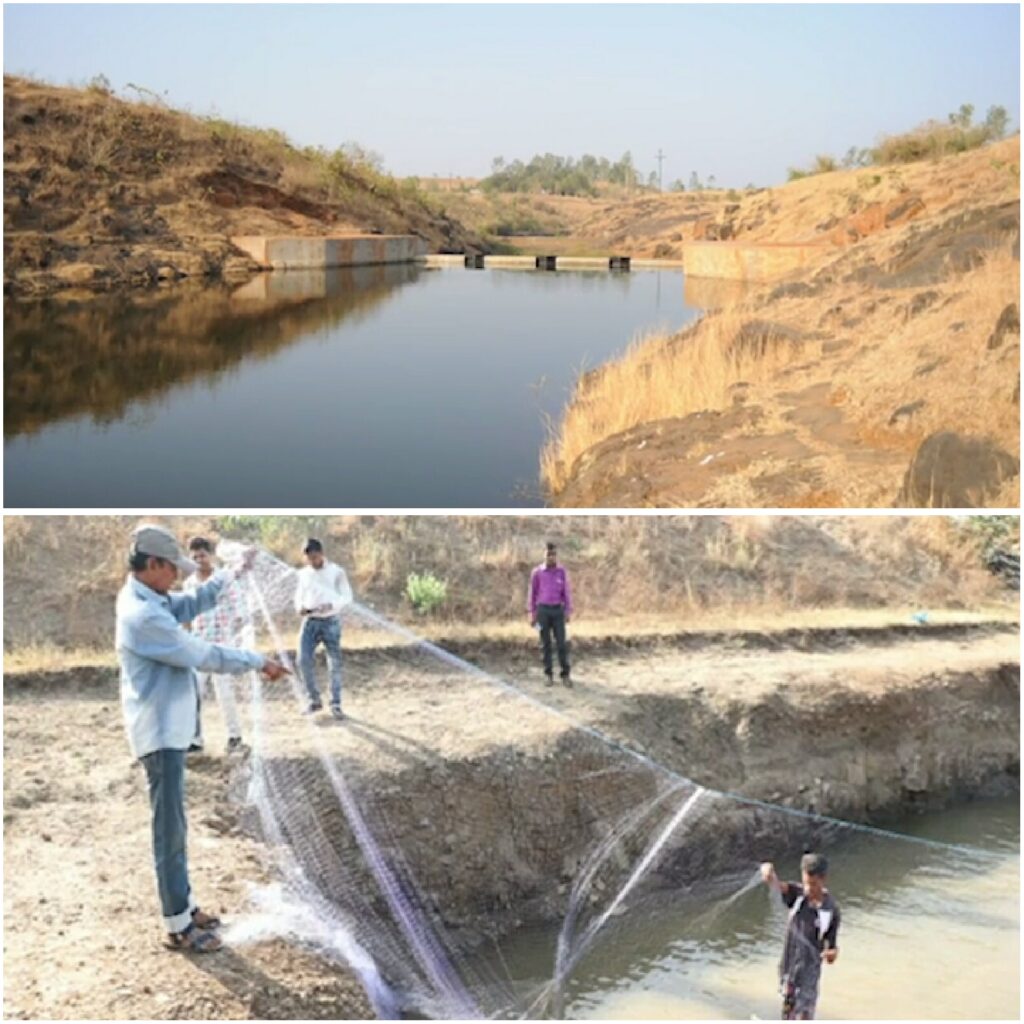
BEYOND SUGARCANE CAMPAIGN
Osmanabad had more than 42,000 hectares of land under sugarcane cultivation, but the farmers were committing suicide because of its lack of productivity. Moreover, sugarcane requires abundance of water and to get that, people were going deeper into the bore wells and mining water.
“To prevent this, we launched a campaign called ‘Beyond Sugarcane Campaign’ with the help of Krishi Vigyaan Kendra, Tuljapur which was asked to suggest an alternate crop to sugarcane so that farmers could cultivate it and get more benefits in less water. They gave us several combinations of crop and farmer groups made it easier to connect with them” Dr Narnaware said.
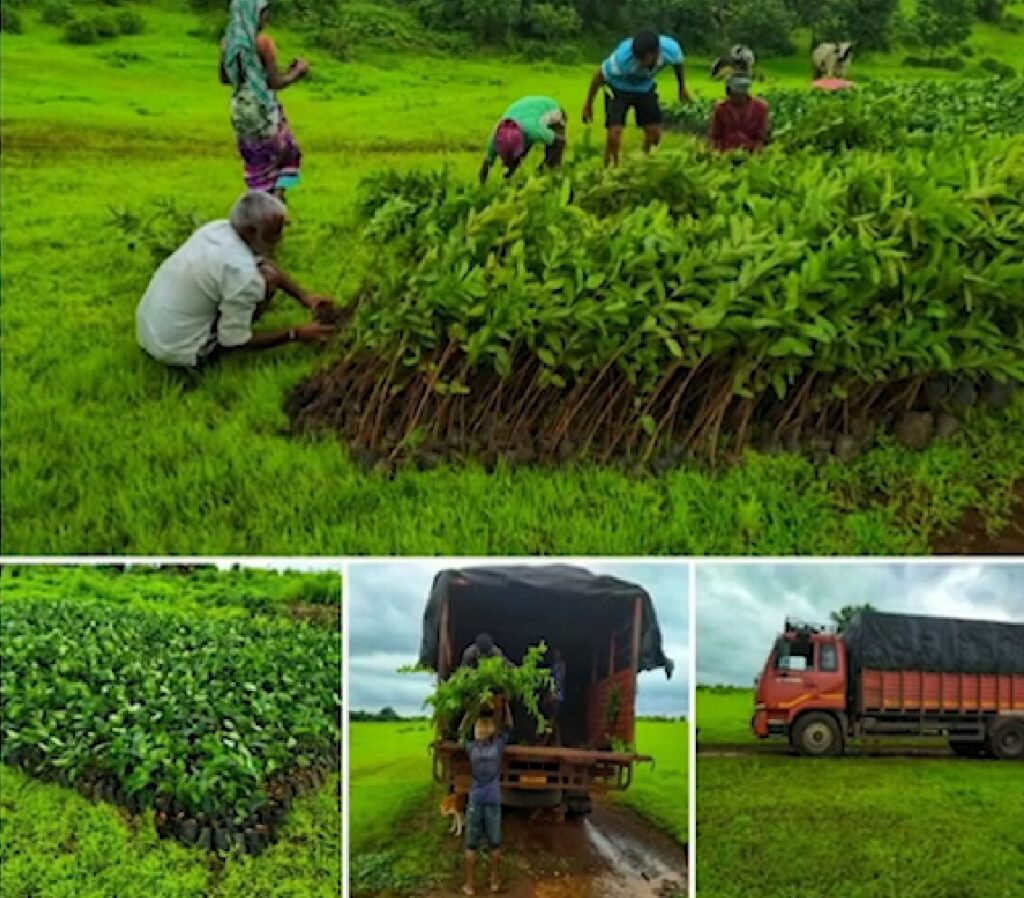
In a span of one year, 42,000 hectare of sugarcane land was reduced to 25,000 hectares. The campaign was highlighted by the Chief Minister in a big interview as one of the success points of our government.
PREVENTING FEMALE FOETICIDE
The sex ratio of Palghar was adverse. BJP leader and Union Minister Ms. Menka Gandhi wrote letters to 100 collectors of India addressing the issue and Dr Narnaware was one of them. “We took a campaign in all the village `panchayats’ and rated them according to green, yellow, and red colors, green bearing good sex ratio and red bearing an unacceptable sex ratio. We told them that they could either be in yellow or green category but not in red; and if they are, it points to the prevalence of female abortions in the village,” he said.

Also, Dr Narnaware constantly monitored each delivery and the pregnant women of the villages were recorded. “For six months, we conducted a program called `Matritva Samarthan’ and the pregnant women of the area were called to the hospitals and checked. In that way, we ensured the prevention of feticide. Once a doctor was even jailed for the malpractice. In a year, the sex ratio here increased from 883 to 906, which is the highest in India,” says Dr Narnaware.
COMMUNITY WORKSHOPS
The administration in Palghar earlier distributed sewing machines to the tribal women of the district to help them earn ,but they used to sell the machines. Dr Narnaware then contacted well-known fashion designer Anita Dongre and she was kind enough to help him.
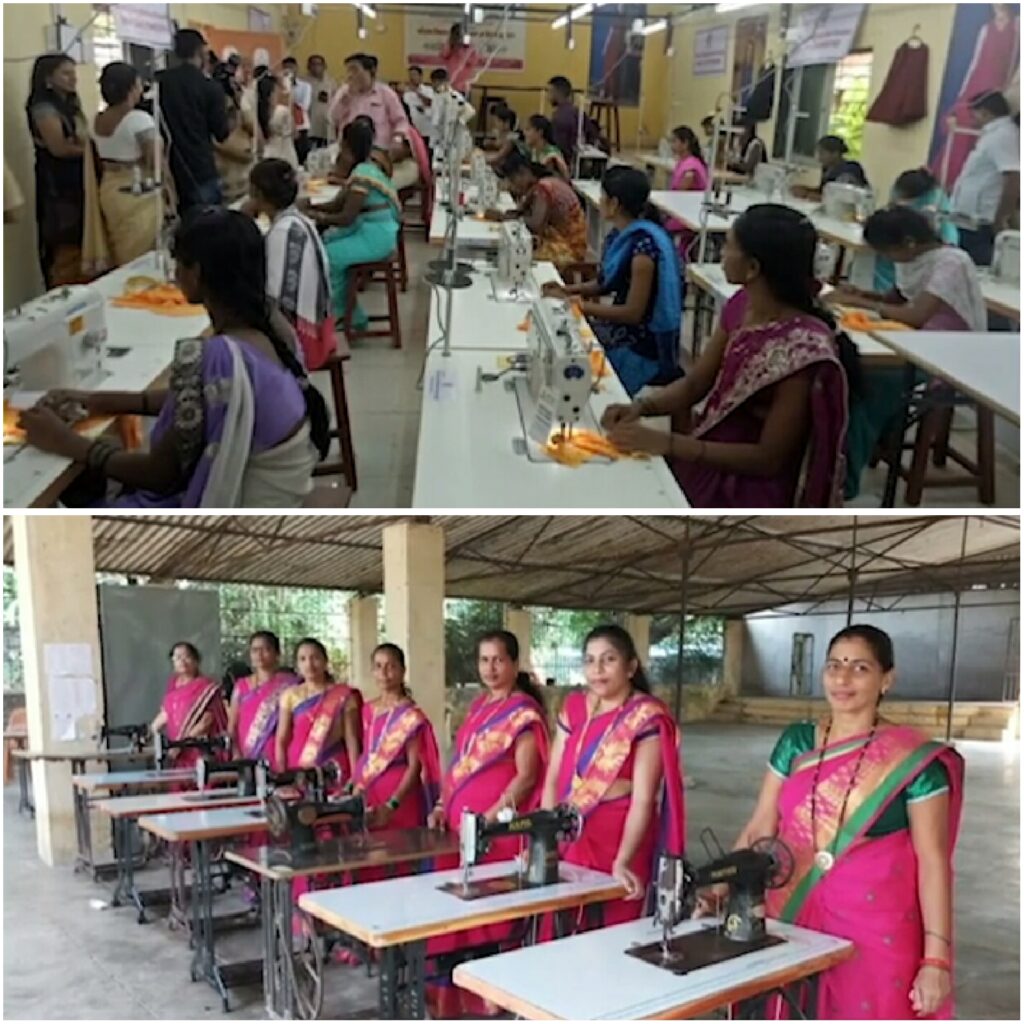
“I requested her to train these women into making garments. The first community workshop was set in Jawar, a tribal block of the Palghar district. With her help, we purchased the required sewing machines, took a hall of Nagar Palika, and started working from there. We assigned each machine to a tribal woman, but we didn’t allow them to take it home. They were given fabrics which they converted into garments for the `Global Desi’ brand and they were paid the per-piece rate of the garments,” he told Indian Masterminds.

Today, there are five active workshops started under his term as the collector. The women are very well trained and are working well.

